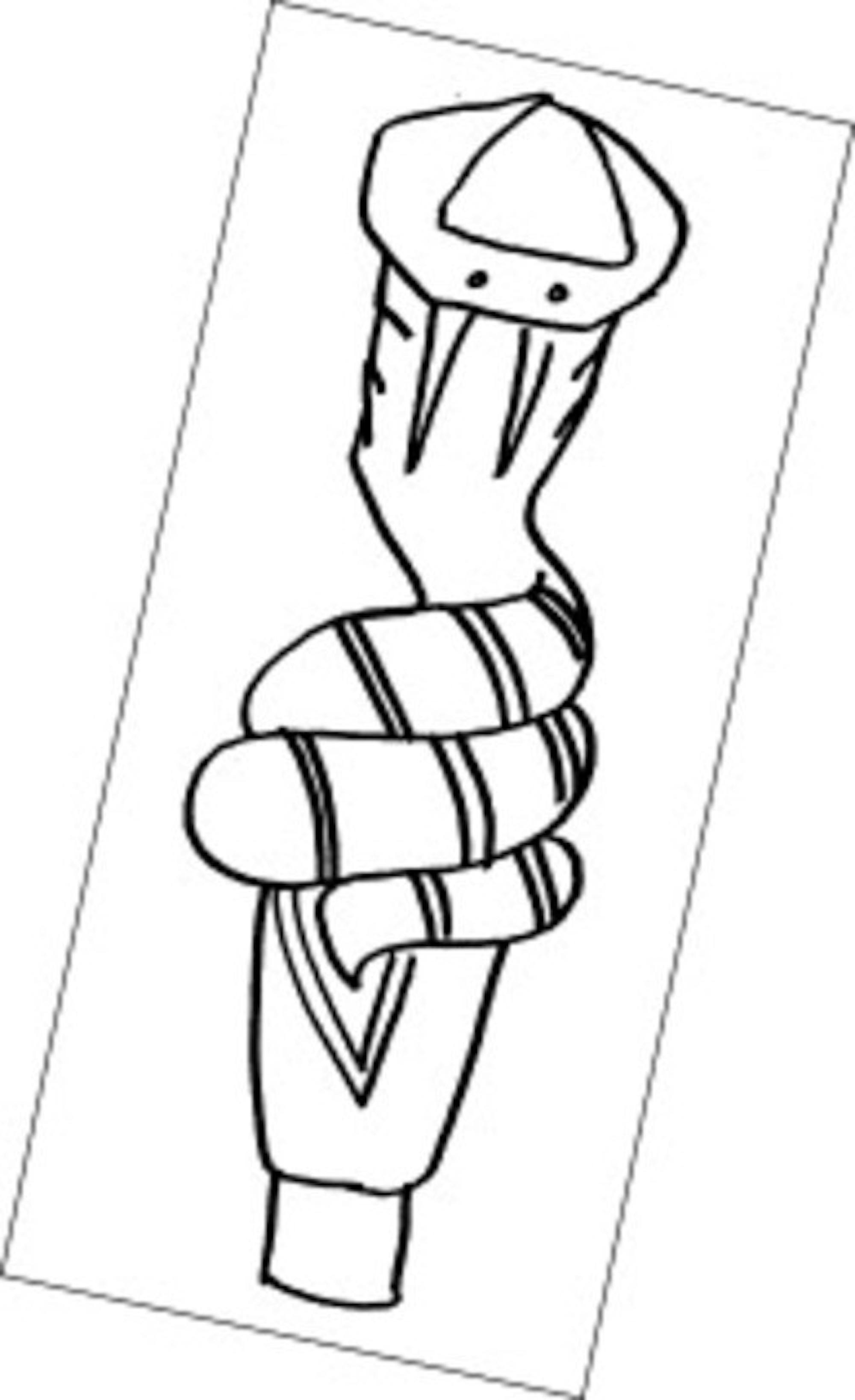My introduction to secret societies was admittedly a little unusual. While visiting colleges, my mom picked up a book about the secret societies at Yale aptly named "Secret Society Girl: An Ivy League Novel" by Diana Peterfreund. The book described the tapping process in great detail and I thought the whole thing seemed contrived and ridiculous.
Fast-forward to 09W. I was sitting at my computer doing work when I received my first blitz from a strange account. I'll admit that it was just as exhilarating and exciting as the fictional Amy Haskel said it would be. I was given daily tasks to complete and with each one I felt excited yet a little creeped out that some mystery person was watching me. I tried to keep it a secret, but people catch on when you drop Skittles everywhere you go.
What I didn't know at the time, and only realized later when I was the one doing the tapping, is that there are strict rules that outline the process. According to the Secret Society Bylaws (yes, they are a thing), there is a specific time and date when societies may simultaneously extend bids to eligible students. The process is overseen by the office of Greek Letter Organizations and Societies, which is within the Office of Residential Life.
Tapping primarily occurs each Winter and Spring term, and some societies take part in the secondary tapping of still-eligible seniors in the Fall. Societies turn in their lists of taps to ORL well before the process starts, and a student is tapped depending on their D-Plan. After a full week of anonymous emails, there is a 42-hour period during which the society "reveals" itself to the tappee. A 12-hour window is assigned to each society for "reveals" in the order of when they were founded, with the Sphinx, which was started in 1886, going first and Abaris going last. Up to two members from each society may be present and they can also tell the tappee the name of one additional member. After the reveal is complete, tappees have a set amount of time (usually about 36 hours) to decide whether or not they want to join a secret society, and which society they'd like to choose if they were tapped by more than one. "Shakeouts" a process also used by many fraternities when potential members line up outside of a house and shake hands with the members of that organization to signal their interest occur for double taps between The Sphinx and Dragon for the men tapped by both organizations.
Tapping at Dartmouth takes a lot of forms and varies depending on the society. Some societies like to keep the revelation as discrete as a handshake and an envelope, while others are overtly obvious like those tasked with dressing up in bunny costumes and running around the library looking for people dressed as carrots. Those students who think that the whole process is an excuse for certain people to parade around and declare their social capital should remember that just as people don't get to choose which society taps them, they don't to choose their tasks (although they do choose whether or not to complete them). Next winter when hordes of '13s are obnoxiously harassing library patrons, know they aren't to blame but likely will be a year later.
I definitely found it a little strange that for the week I was being tapped I was running around completing tasks for someone whose identity was a mystery to me. The potential for this to go awry is obviously huge. I've heard personal horror stories of people being fake tapped by ex-boyfriends or ex-girlfriends, or people they had previously pissed off. But most of the time, that isn't the case.
Regardless of whether you love or hate secret societies or think tapping is annoying or amusing, for one week every Winter and Spring term campus is overrun with talk about secret societies. In fact, much of Dartmouth's tapping process could arguably be ripped straight from the pages of a really bad novel about the Ivy League.




